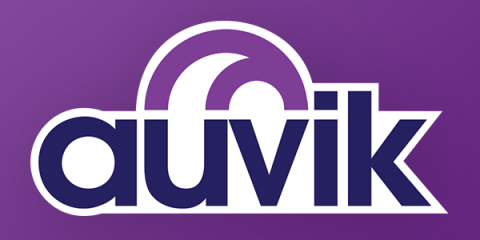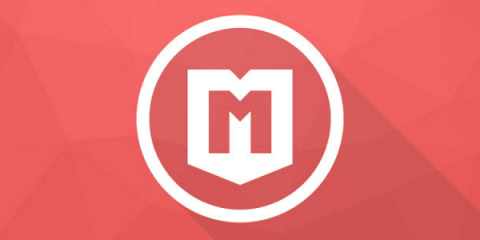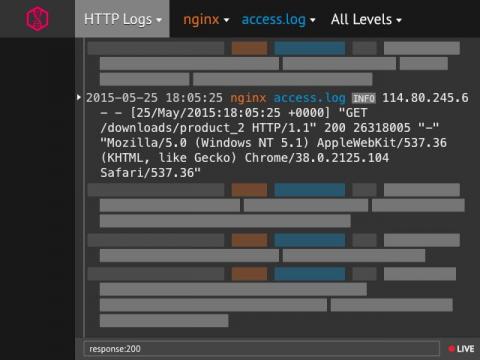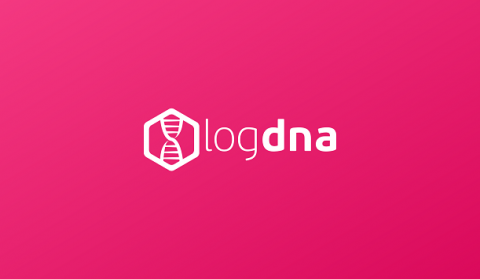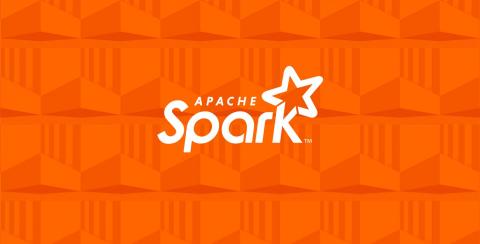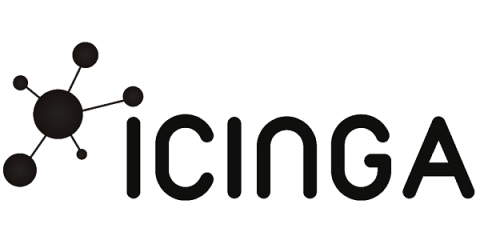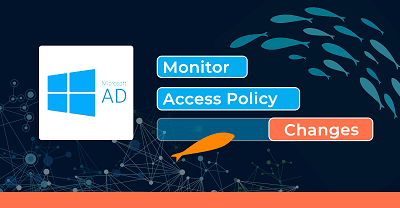Operations | Monitoring | ITSM | DevOps | Cloud
Latest News
Free NHibernate Profiler to View SQL Query Performance
Let’s begin with a little thought experiment. Imagine you’re responsible for the next release of your company’s flagship product, and today is the big day: you’re about to give a demo presentation for all the big shots in the company. The CTO is obviously there, since she’s your boss. The CEO is there as well, along with the VP of Marketing and some of the company’s investors. So, that’s your boss, your boss’s boss, and the moneymakers.
When Less Is Truly More
Even the most complicated technologies should be user-friendly.
Devops Observability: The Evolution of Logging, Monitoring and Metrics (Webinar)
Recently, we held a webinar where Chris Nguyen, our CEO and Co-Founder and Norman Hsieh, our Head of Business Development talked about the ever increasing production of data, the shift from monitoring to observability, and the evolution of production infrastructure into multi-cloud. LogDNA is uniquely positioned to have enabled thousands of customers to gain deep insights into their evolving DevOps infrastructure.
Types of Log Management Tools and How to Choose the Best Solution
As any business running microservices, containerized applications, networking devices, or multiple servers knows, it’s important to get a centralized log management system that fits your company’s unique needs. The best log management solution should empower your business to gain insights, resolve production issues quickly, streamline your DevOps and IT teams, and allow you to work more efficiently.
Monitoring Apache Spark applications running on Amazon EMR
We recently implemented a Spark streaming application, which consumes data from from multiple Kafka topics. The data consumed from Kafka comprises different types of telemetry events generated by mobile devices. We decided to host the Spark cluster using the Amazon EMR service, which manages a fleet of EC2 instances to run our data-processing pipelines.
Could knowledge sharing transform your company culture?
When you take a step back and think about society’s big technological breakthroughs — the printing press, the television, the Internet — they were revolutionary because they completely disrupted the way that the world shares knowledge. If you haven’t heard of it, knowledge sharing is pretty much exactly what it sounds like: it’s the exchange of information between different people, teams, organizations, or communities.
Monthly Snap October: Icinga Camps and Meetups
We’re in OSMC mode in October which typically means that expectations are high, time is limited and everyone is busy preparing talks, demos, implementing new features … but also fixing things. Icinga 2.10 brings support for namespaces, improved TLS connection performance and much more. Community members tackled some bugs already, 2.10.1 is released and 2.10.2 is waiting for test feedback from the snapshot packages.
Icinga Vagrant Boxes 2.0: OpenStack provider and enhanced scenarios
It’s been a while since the last Vagrant box update and release, so here are the highlights of the past months combined into a new shiny 2.0 release :)
New Free App for Active Directory
In organizations which uses a Windows server environment, the vast majority of authentication and access control processes are managed within Active Directory. As a central and critical component for managing organizational IT resources, Active Directory logs contain valuable information which must be closely monitored and analyzed.


